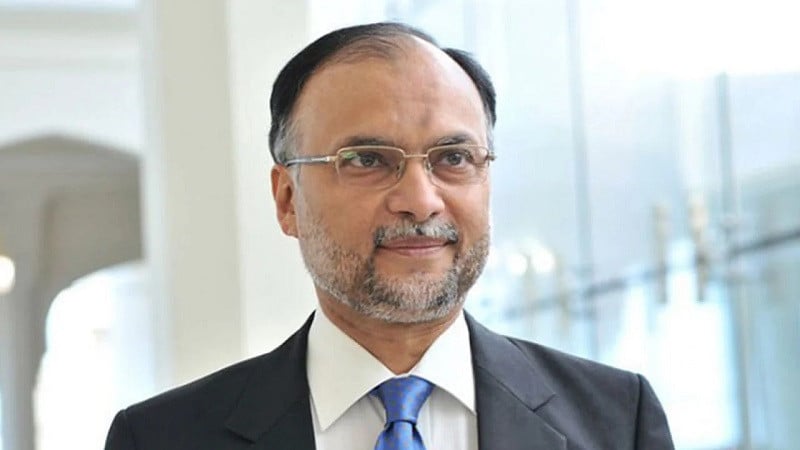Planning Minister Ahsan Iqbal has unveiled the government’s ambitious economic initiative, “Uraan Pakistan,” designed to transform the nation into a $3 trillion economy by 2047. This comprehensive five-year plan addresses socio-economic challenges and aims to unlock Pakistan’s potential for sustainable growth.
Key Objectives of Uraan Pakistan:
- Export Enhancement: The plan targets achieving $60 billion in annual exports by focusing on sectors such as IT, manufacturing, agriculture, creative industries, manpower, and minerals. By rebranding “Made in Pakistan” as a global standard for quality, the initiative seeks to stabilize the rupee and reduce import reliance.
- Digital Empowerment: Uraan Pakistan aspires to create a digitally empowered economy by expanding the ICT freelancing industry to $5 billion, producing 200,000 IT graduates annually, and advancing capabilities in artificial intelligence (AI) and cybersecurity.
- Environmental Sustainability: The plan includes goals to reduce greenhouse gas emissions by 50%, expand cultivable land by 20.3 million acres, and increase water storage capacity by 10 million acre-feet, emphasizing a commitment to environmental responsibility.
- Energy and Infrastructure Development: Focusing on renewable energy transition, expanding railway freight transport, and enhancing regional connectivity for trade are pivotal components to support industrial growth and improve market access.
- Social Inclusivity: Uraan Pakistan aims to improve literacy rates by 10%, raise female labor force participation by 17%, and reduce youth unemployment to 6%, promoting equitable growth across all societal segments.
Ahsan Iqbal emphasized that Uraan Pakistan is insulated from political disruptions through a robust implementation mechanism involving all provinces, ministries, and sectors. The establishment of the National Economic Transformation Unit (NETU) will monitor progress using a results-based management system, ensuring accountability and adaptability.
The initiative also leverages Pakistan’s significant youth demographic, with 65% of the population under 30. By empowering this segment through education, skill development, and digital initiatives, Uraan Pakistan aims to drive economic transformation, drawing inspiration from the successes of countries like Malaysia, Turkey, and South Korea.
Furthermore, the plan underscores the importance of the China-Pakistan Economic Corridor (CPEC) in its implementation. By expanding energy and transportation projects under CPEC, Pakistan seeks to position itself as a regional economic hub, integrating into global value chains and enhancing access to key markets in Central Asia, the Middle East, and Africa.
In conclusion, Uraan Pakistan represents a national commitment to overcoming socio-economic challenges and fostering sustainable growth. Through policy continuity, stakeholder inclusion, and measurable outcomes, the plan sets a strategic direction for Pakistan’s economic future, aiming for a $3 trillion economy by 2047.



Comments (0)
No comments yet. Be the first to comment!
Leave a Comment